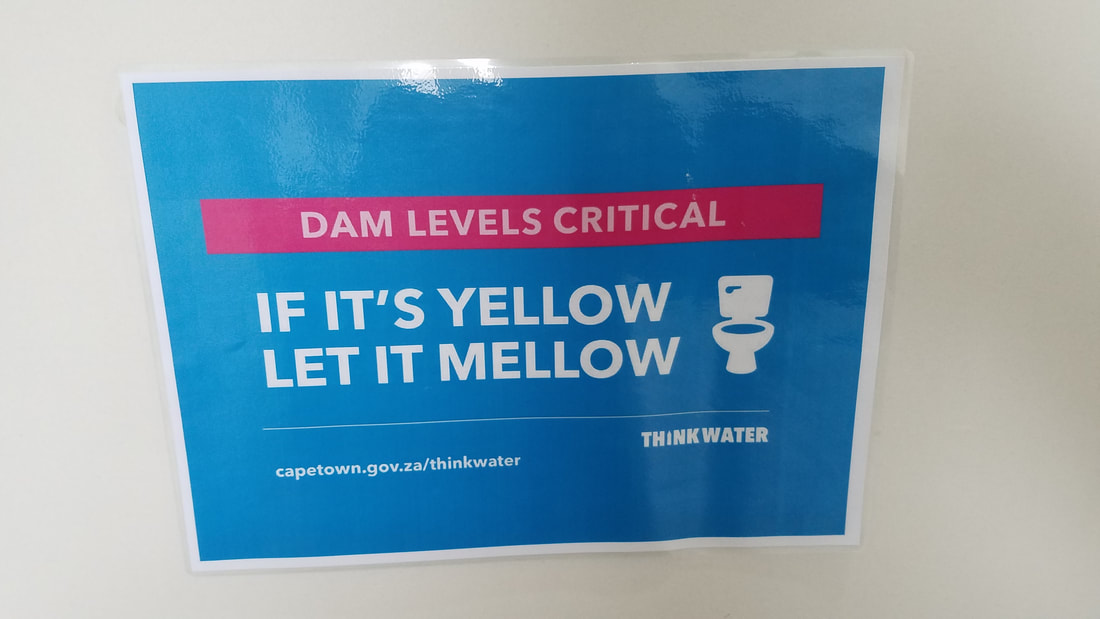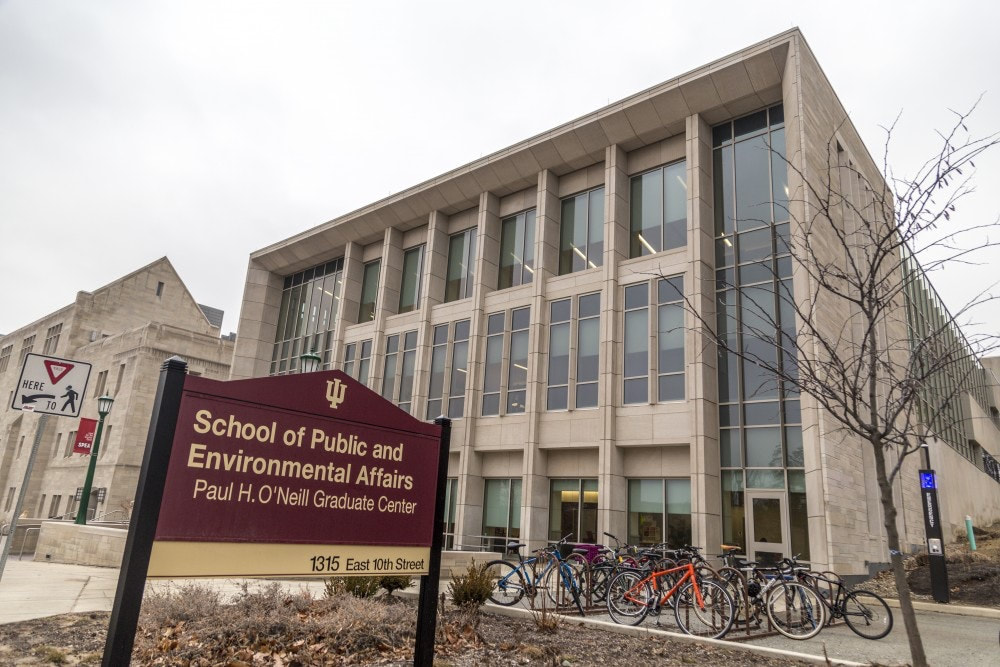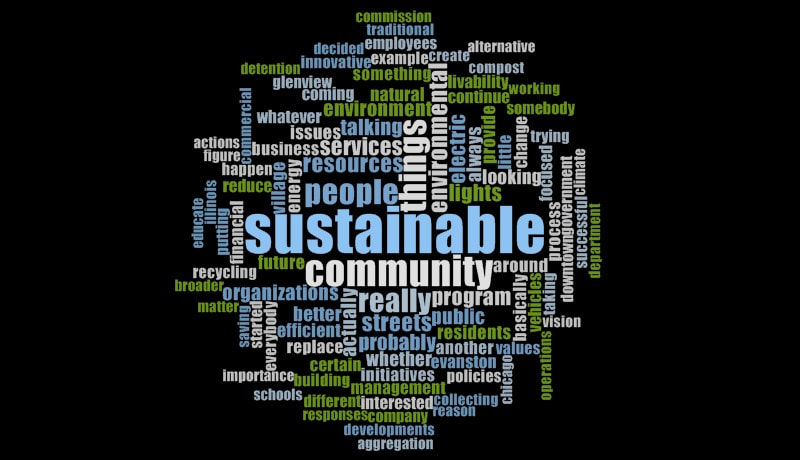 CAPE TOWN, South Africa -- I came to Cape Town anticipating a water shortage three years in the making. Here a week, it’s seldom stopped raining. The story of the world’s first modern metropolis to nearly run out of drinking water is an illustrative case study for cities everywhere confronted by the normalization of climate change impacts and the intransigence of its politics. If you’re reading this blog, you’re probably already familiar with the situation here. Hugging a corner of the south Atlantic coast expected to see less and less rainfall in the future, the 4.3 million people who live here were told last fall that water levels in its reservoirs were falling critically low. Absent a dramatic conservation or natural intervention, “Day Zero” would hit in April 2018, and the taps would be shut off. Citizens would be limited to 50 liters of water per day, and collect their rations at 200 distribution points. To the credit of the people, the businesses and the government, the conservation campaign – combined with the arrival of a rainy season – appear to have pushed back Day Zero to at least 2019. What impresses me the most about Cape Town’s example is the commonality of the causes and consequences of the crisis. There is a tendency in developed countries to view crises in the global South as a product of higher levels of poverty, a lack of development, income inequality and government corruption. Cape Town has some of the world's worst income equality, easily evident when you transition from the palatial estates of the winelands where the water reservoirs are located (and where locals are quietly excited the drought could produce more complex vintages) to the tin shacks of the suburban townships. But Cape Town's crisis could easily have been replicated in Los Angeles, São Paulo or Beijing. Even before the historic three-year drought which created the current crisis, Cape Town’s water supply system had been forecasting water shortages as a result of climate change and rapid development since the end of apartheid. Like many governments which are aware of their own long-term climate threats, even the best government planning is largely ignored until it becomes an existential threat. As Anna Taylor, a research fellow at the University of Cape Town noted, government planning alone is not enough when collaborative leadership between government officials and the public are necessary. Governments cannot simply regulate their way out of long-term resource challenges prompted by climate change, but need to enlist the co-productive power of their citizens and civic infrastructure. That criticism could be leveled at virtually any metropolitan region. What is required is fundamental institutional change, and that does not happen smoothly. Cities from Los Angeles and Miami to Melbourne have encountered urban water stress which is likely to accelerate as a result of hydrological change and spiked demand. These threats require policy changes as well as infrastructure development as cities transition to more sustainable water management. This means combining new sources, water-transfer infrastructure, policies and technologies to encourage wastewater reuse, stormwater infiltration and efficiencies. People and governments have to change their own behavioral norms and expectations of each other. One observation from recent research into such transitions is that they often require a focusing event. Cape Town has such a window. But climate adaptation requires creating a new normal, which is why cases like these can provide lessons for finding a new political equilibrium. While the immediate crisis may be over, I have heard locals complain in my week here about the refusal of the local government to back off plans to raise water rates and continue conservation efforts. For sure, the threats, tariffs on water use, and unbridled urbanization are likely to continue unabated as Capetonians adjust to the new normal of their more arid conditions. There are a number of research groups doing an excellent job examining the dynamics of Cape Town’s water crisis. It would be a mistake to think this work isn’t relevant to rest of the rapidly urbanizing world.
1 Comment
|
AuthorI work as an Assistant Professor at the O'Neill School of Public and Environmental Affairs at Indiana University Bloomington. There, I direct the MGMT Lab. Archives
January 2023
Categories |



 RSS Feed
RSS Feed
